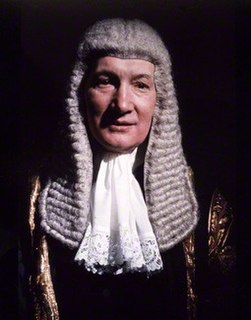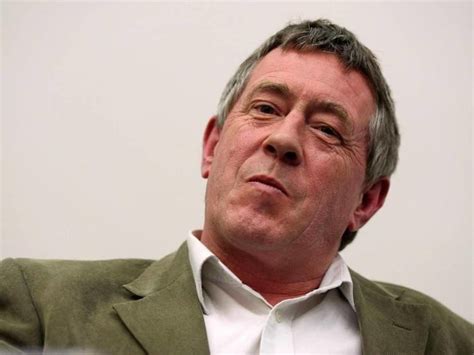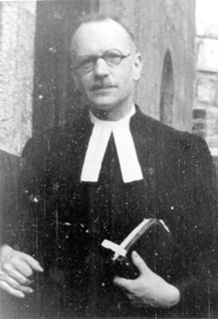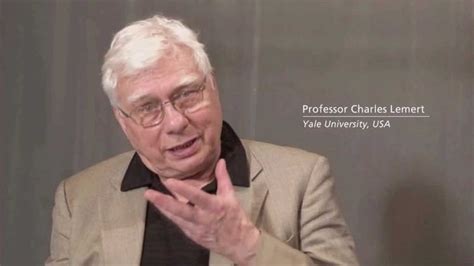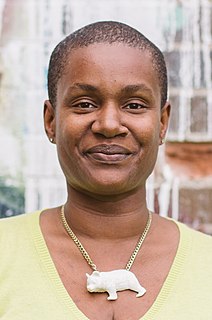A Quote by Alfred Denning, Baron Denning
Limitation is not a matter of justice. It is a rule of public policy which has its origin in history and its justification in convenience.
Quote Topics
Related Quotes
History has shown us many times that if the state repressively forces the redistribution of wealth and social justice, it becomes dangerous both for democracy and for human creativity. Yet, restraining the excesses of a capitalist structure that creates new inequities seems to need more than good public policy.
But, that’s the whole point of corporatization - to try to remove the public from making decisions over their own fate, to limit the public arena, to control opinion, to make sure that the fundamental decisions that determine how the world is going to be run - which includes production, commerce, distribution, thought, social policy, foreign policy, everything - are not in the hands of the public, but rather in the hands of highly concentrated private power. In effect, tyranny unaccountable to the public.
Under the rule of the "free market" ideology, we have gone through two decades of an energy crisis without an effective energy policy. Because of an easy and thoughtless reliance on imported oil, we have no adequate policy for the conservation of gasoline and other petroleum products. We have no adequate policy for the development or use of other, less harmful forms of energy. We have no adequate system of public transportation.
Succinct, thorough, and masterfully researched-Thomas Medvetz has written a subtle and timely history of these fixtures of public debate in the United States. In the realms of culture studies, policy, and policy formation, there is no book quite like Think Tanks in America. Plus which, no one has understood, interpreted, then used Pierre Bourdieu's ideas better-so well that Bourdieu himself would have been pleased.
All writers on the science of policy are agreed, and they agree with experience, that all governments must frequently infringe the rules of justice to support themselves; that truth must give way to dissimulation, honesty to convenience, and humanity itself to the reigning of interest. The whole of this mystery of iniquity is called the reason of state.
